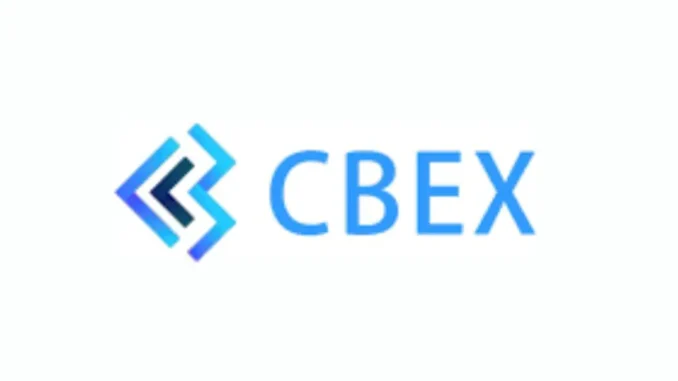
By Divine Sam
Nigeria continues to grapple with the persistent threat of Ponzi schemes, as thousands of citizens fall prey to fraudulent investment platforms promising unrealistic returns. From cryptocurrency scams to agriculture-themed investments, these schemes have capitalized on the country’s economic struggles and the widespread desire for financial breakthroughs. Here’s a look at ten of the most devastating Ponzi schemes that have rocked Nigeria, leaving behind shattered hopes and billions in losses.
In 2016, the notorious Mavrodi Mundial Moneybox (MMM), a Russian-backed scheme, stormed the Nigerian financial scene, offering participants a 30% monthly return on their contributions. Built on a classic Ponzi model, MMM attracted over three million Nigerians before collapsing in December 2016. The crash froze users’ accounts and led to estimated losses exceeding N18 billion.
Not long after MMM’s demise, Ultimate Cycler emerged with promises of a 400% return on a N12,500 investment. Functioning as a pyramid scheme, the platform abruptly shut down, leaving participants in financial limbo.
In 2017, Twinkas entered the scene, offering a 200% return. The scheme quickly crumbled once new registrations declined, trapping users’ funds. That same year, D9 Club gained traction with claims of high profits from global sports betting. Once the operation folded, Nigerian investors were left with over N10 billion in losses.
By 2020, MBA Forex Trading and Capital Investment Limited had become a household name. Promising massive returns through forex trading, the platform drew in over N171 billion from unsuspecting investors. When it collapsed, the company’s CEO, Maxwell Odum, went into hiding and was declared wanted by the Economic and Financial Crimes Commission (EFCC).
In 2021, Famzhi Interbiz Limited presented itself as a cooperative society and promised up to 30% monthly returns. It attracted significant investments before the Securities and Exchange Commission (SEC) flagged it as illegal. Investors were left counting losses of approximately N30 billion.
The Chinmark Group followed in 2022, claiming to invest in various sectors like hospitality and logistics. Backed by popular social media influencers, the company defaulted on payments and left investors with losses estimated at over N40 billion. CEO Mark Chinendu faced heavy public criticism for unkept promises.
Ovaioza Farm Produce Storage Business also collapsed in 2022. Initially viewed as a legitimate agricultural investment platform offering returns of up to 70%, it turned out to be another scam. Investors lost over N3 billion, and the founder was arrested by the Federal Competition and Consumer Protection Commission (FCCPC).
Brisk Capital, launched in 2021, marketed itself as a tech-savvy investment firm targeting young Nigerians. It promised 30% monthly returns and quickly gained popularity online. However, it folded within months, and its founder, Dominic Ngene, vanished, leaving behind over N2 billion in investor losses.
Most recently, in April 2025, CBEX (Crypto Bridge Exchange) went under. Promoted as an advanced cryptocurrency trading platform powered by AI, it promised to double investments within a short time. After gaining public trust, the platform disabled withdrawals, and its web domains disappeared. Individual losses ranged from N500,000 to over N2 million.
The recurring collapse of these fraudulent schemes highlights a blend of economic hardship, limited financial education, and the temptation of high-yield promises. Despite repeated warnings from the SEC, Nigerians continue to fall for unregulated platforms offering guaranteed returns.
The SEC has consistently issued public advisories and blacklisted illegal operators like MBA Forex, Chinmark, Famzhi, and Ovaioza. The Commission, in partnership with the EFCC and Central Bank of Nigeria (CBN), has pursued regulatory actions including cease-and-desist orders and legal prosecutions.
Dr. Emomotimi Agama, Director-General of the SEC, recently emphasized that the Commission is determined to enhance investor protection, enforce transparency, and ensure sustainable market growth. He clarified that financial penalties for offenders would exceed N10 million and could include broader sanctions.
Senator Osita Izunaso, Chairman of the Senate Committee on Capital Market, announced that under new legislation signed by President Tinubu, cryptocurrency trading will now fall under strict regulation. He warned that operators of illegal investment platforms face penalties of at least N20 million and up to 10 years imprisonment.
With renewed legislative backing and regulatory vigilance, authorities are hopeful that Nigeria can finally stem the tide of Ponzi schemes and protect its citizens from future financial exploitation.
Leave a Reply